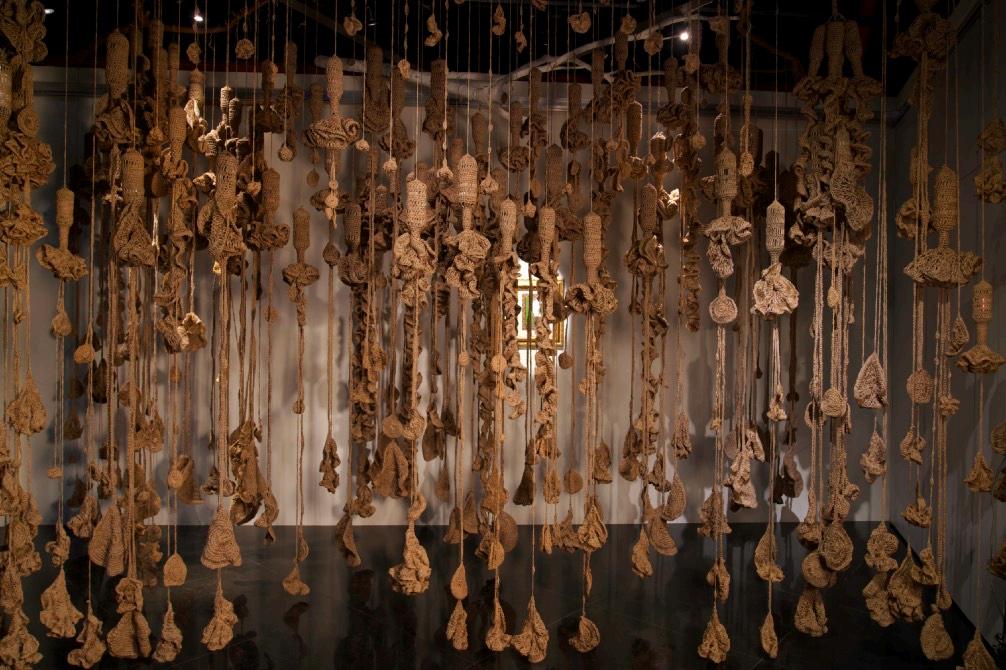
6 minute read
AND SOLIDARITY INDIGENOUS TAIWANESE WOMEN’S ART
from ORIGINS 2021-22
19 March 2021 - 31 March 2022
Online Exhibition
Advertisement
For the first time, ORIGINS collaborated with the Indigenous people of Taiwan, to present this online exhibition by three Indigenous women artists: Milay Mavaliw (Pinuyumayan), Eleng Luluan (Rukai) and Aluaiy Kaumakan (Paiwan). The Indigenous curator was Biung Ismahasan (Bunun, Atayal and Kanakanavu).
Although the Indigenous Nations of Taiwan are little known in Europe and America, they have much in common with Indigenous people elsewhere, for example in relation to land, language and cultural survival. Climate change has impacted powerfully on their communities: Taiwan recorded its hottest temperatures ever in 2020, and the rate of warming is twice the global average, with a commensurate rise in sea levels. Indigenous communities are experiencing serious water shortages, and when rain does come, it is in the form of extreme storms. Two of the artists in this exhibition, Eleng and Aluaiy, made work that responded to the devastation of their home communities by Typhoon Morakot in 2009: devastation on a scale that left those communities uninhabitable.
Online exhibition supported by the National Culture & Arts Foundation, Artwave and the British Council through the Connections through Culture programme. The exhibition went on to be featured in TOMORROW, TOWARDING at Taipei’s Museum of Contemporary Art, with catalogue essays by Biung Ismahasan and Michael Walling.
Biung Ismahasan:
At the core of this exhibition is the need for women’s togetherness: togetherness as a lived practice and togetherness as a methodology, whether that be curatorial approach or personal philosophy. Decolonising Indigenous Taiwanese contemporary art must include privileging the voices and input of Indigenous women artists. By bringing together the voices of respected Elders and three very powerful women artists, the exhibition generates togetherness through trans-Indigenous cultural exchanges across generations. It is about the transmission of knowledge between people, land and river.
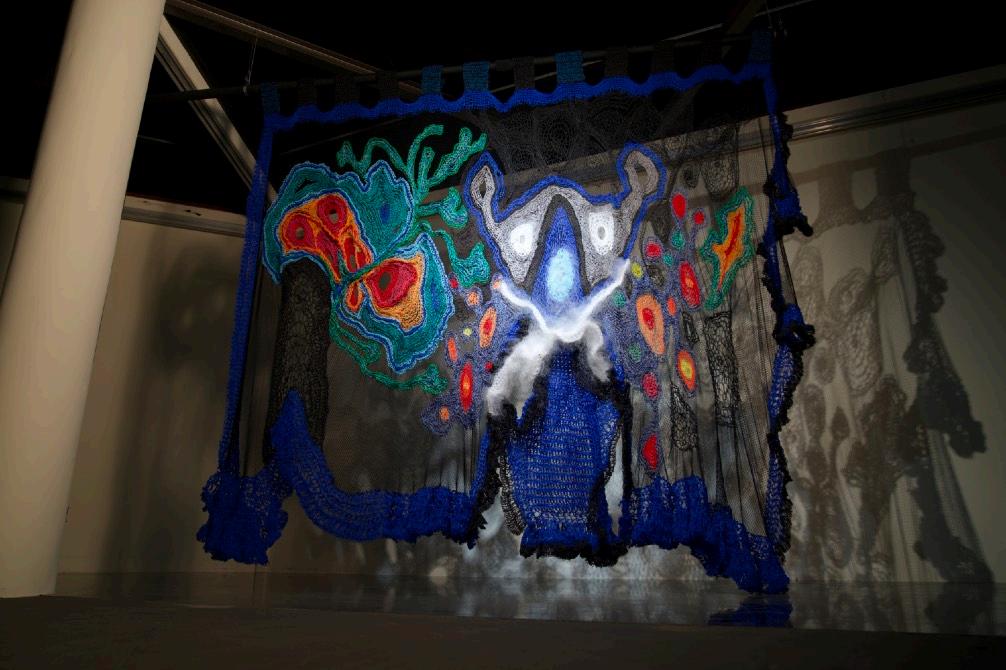
Today the rights of women, the protection of Elders, and environmental concerns are critical for Indigenous Taiwanese women. There is a powerful sense of their search for new unexplored possibilities, as they strive to carve out a place for themselves, an escape or departure from the familiar and the constraints of the Covid-19 pandemic. They deliberately locate themselves in foreign or alien environments with an awareness of their difference, finding connections, experimenting with intensities. The artists in this exhibition, all of whom identify as feminists, make these journeys from the specific starting point of Native community experience, their sovereign words and concerns about environmental reciprocity.
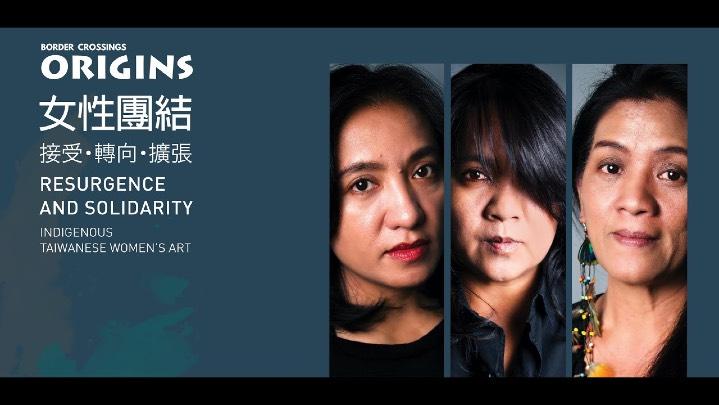
25th March 2021
Online
MC Prophecy:
Any time you find Native people under attack, you will find that the land is under attack, because Native people are the stewards of the land. The recent resistance movements, for example Standing Rock, are environmental movements and they are also youth-led movements. That's why organisations like Indigenous Enterprise work with forms like hip-hop as well as more traditional music and dance - it's a way "to light the fire, to spark the flame”.

The Covid-19 pandemic gives us an opportunity to see how Indigenous culture points towards social change. "Sit down, sit still, think about what's going on in the world." It's showing that we have to put the self aside for the good of the community and of the planet. His own moniker as MC Prophecy is taken from the 7 Fires Prophecy of a choice between two paths: one wellworn and scorched, the other new and green.
"We need to change. As a species on the planet, we need to change."
Like Standing Rock, the American Indian Movement of the 1970s started as an environmental movement, with the resistance to the drilling for uranium that broke a treaty with the Lakota people over control of the land. The drilling led to radioactive water: and Standing Rock also reflects an attack on water.
These youth-led movements complement the teachings of Elders. Mutual teaching and exchange is at the heart of Native culture. Even enemies should sit down and talk together before they resort to conflict. But isolating people on reservations doesn't allow for this kind of interaction. When there is real interaction, then there should be a proper exchange between Indigenous and non-Indigenous people: "we have to think about ourselves as a species." It's fine to be inspired by other cultures: he was himself inspired by a Japanese village that has managed to reach a point where it has no waste.
"But we have a group of people who can't think that way.... Are we going to live with the Earth, or try to be masters of it?"
13th May 2021 Online
Presented by Festival Director Michael Walling from the Garden Museum in London, the online Opening Event laid out the key Festival themes of Colonialism, Climate Change and Covid.
The event included ceremonial blessings recorded at the opening of RESURGENCE AND SOLIDARITY in Taiwan, led by Elder An’kil (Ya Lei), a performance of KATHARSIS by Yvette Nolan (Algonquin), followed by a discussion between Yvette and David Milroy (Palyku), music by Jessie Lloyd (Aboriginal & Torres Strait Islander), and closing words from Amazonian knowledge-keeper Bira Yawanawá.
KATHARSIS by Yvette Nolan
A Prairie Theatre Exchange production
Featuring Tracey Nepinak
A love letter to the empty theatre
“Warriors returning from battle used to have to go through purification rituals before they could rejoin their communities. What ceremony will allow us to gather again?”
A specially commissioned short play, created for and filmed in an empty theatre, KATHARSIS was a marking of the period when our theatre was in waiting.
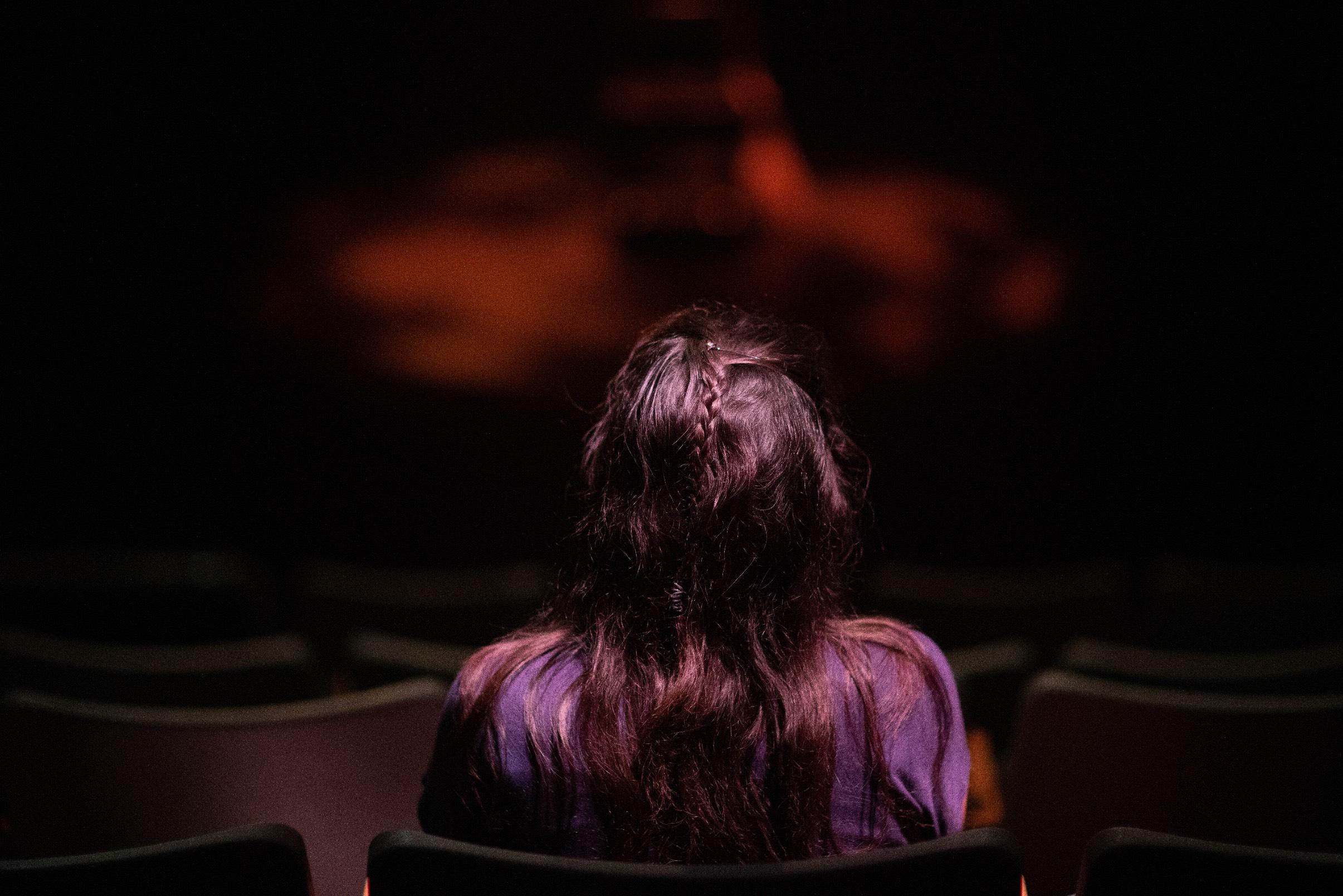
Director: Thomas Morgan Jones
Original Music & Sound Design: MJ Dandeneau
Lighting Design: Ksenia Broda-Milian
Stage Managers: Leslie Watson & Wayne Buss!
Associate Artist: Katie German
Ice River Films
Film Director: Sam Vint
Cameraperson/Producer: Sam Karney
Cameraperson/Producer/Editor: Andrew Weins
Yvette Nolan: with David Herd.
I am a theatre rat, not a filmmaker. But the opportunity to write for an actor, in a theatre, and then have that story transmitted to the world through another medium, is enough of a lifeline to keep me connected.
We have always used the theatre to work things out, together. Even though we are not in the same physical space, we can come to together in the virtual space, and watch the actor in the physical space, and perhaps begin to work out some of these recent events that have separated us from each other.
Opening Event supported by Beyond the Spectacle and the High Commission of Canada in the UK.
Natalie Diaz: I’m thinking about the relationship which says “poetry matters to these politics”. Language itself is political, and sometimes political in a way that we do not have a choice. Sovereignty,
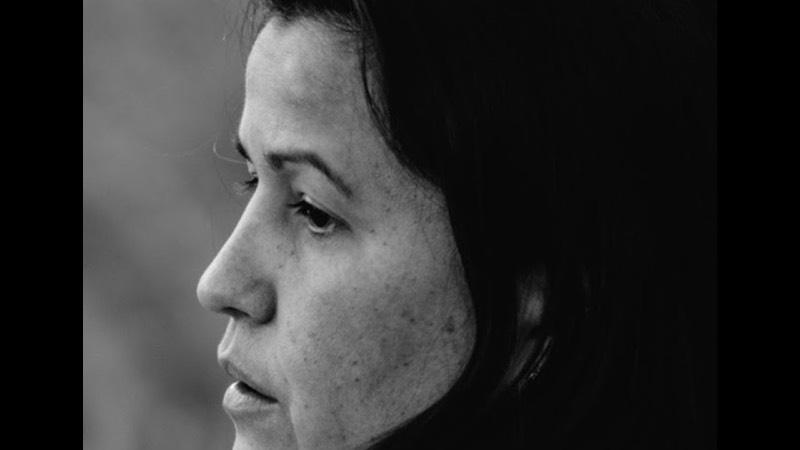
Joy Harjo
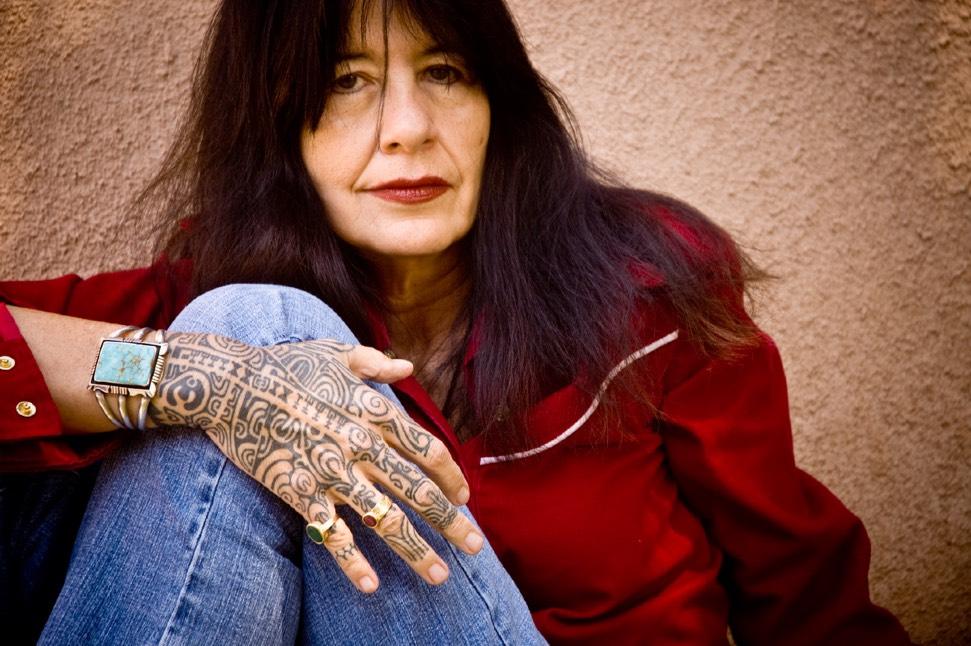
20th May 2021
Online
This series of writers’ talks and readings, supported by Beyond the Spectacle, featured leading and emerging Indigenous writers from North America. We began with Joy Harjo (Mvskoke), who was then the US Poet Laureate. She read from her work, and was in conversation with Michael Walling.
Joy Harjo: Poetry has emerged as one of the most crucial and important tools for making it through this time of deep questioning and cultural and climate shift. I remember being in circles of healers when I was young and them saying that the light of the sun would grow darker - because we would obscure it with pollution.
Stephen Graham Jones
1st June 2021 Online
Award-winning horror novelist Stephen Graham Jones (Blackfeet) read from and discussed his work with Theodore C. Van Alst, Jr.
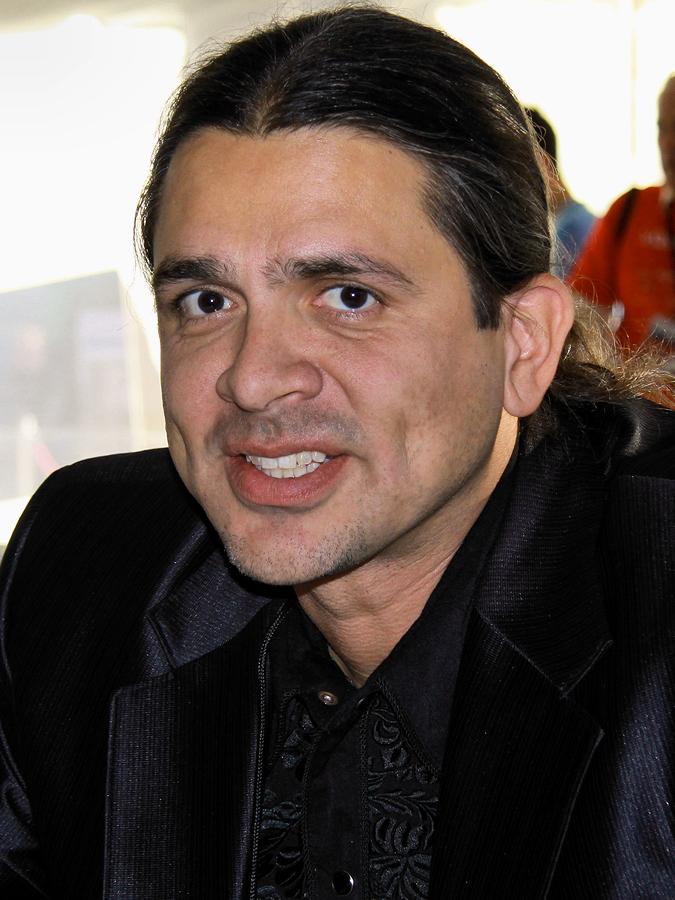
Stephen Graham Jones: I used to just assume that all my characters were Native, but now my stuff is getting optioned more and more, I’m wondering if I need to leave more signals so that they cast it right. I want Native actors to get work and I want to see our faces on big screens and small screens. I want kids to see us, actually.
Click here to watch the recording
Matthew James Weigel & Liz Howard
3rd June 2021 Online
First Nations Canadian poets Matthew James Weigel (Dënësųłinë & Métis) and Liz Howard (mixed settlerAnishinaabekwe) read and discussed their work with Prof. Peter Jaeger (Roehampton University).
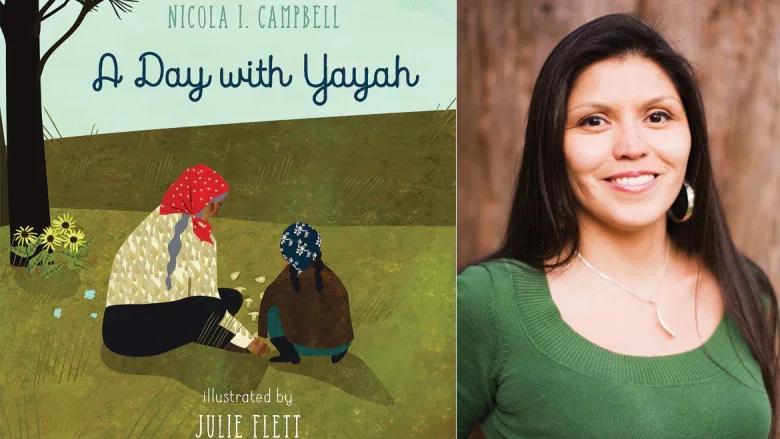
Matthew James Weigel: There’s a very strong connection to the place where I literally am right now. It’s about the land, and that’s the bedrock. Moving in that fortunate space, being here and being able to do the work that I do.
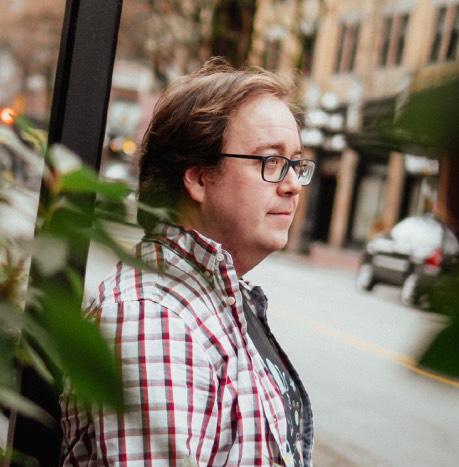
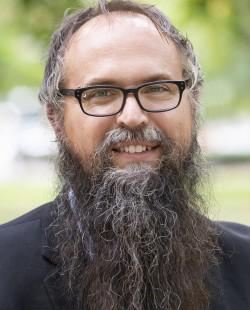
Kyle Whyte: There was nothing “normal” about the situation prior to the pandemic. We say that governments moved quickly, but African Americans and Native Americans experienced severe harms due to Covid, and the causes of that vulnerability still haven’t been addressed.
Click here to watch the recording
ETCHED IN BONE










